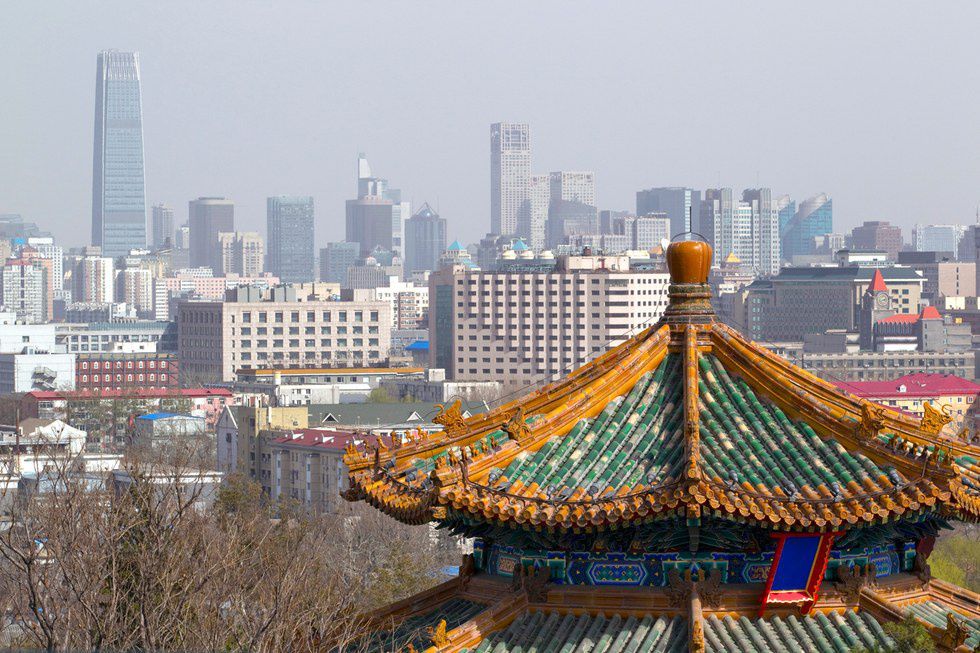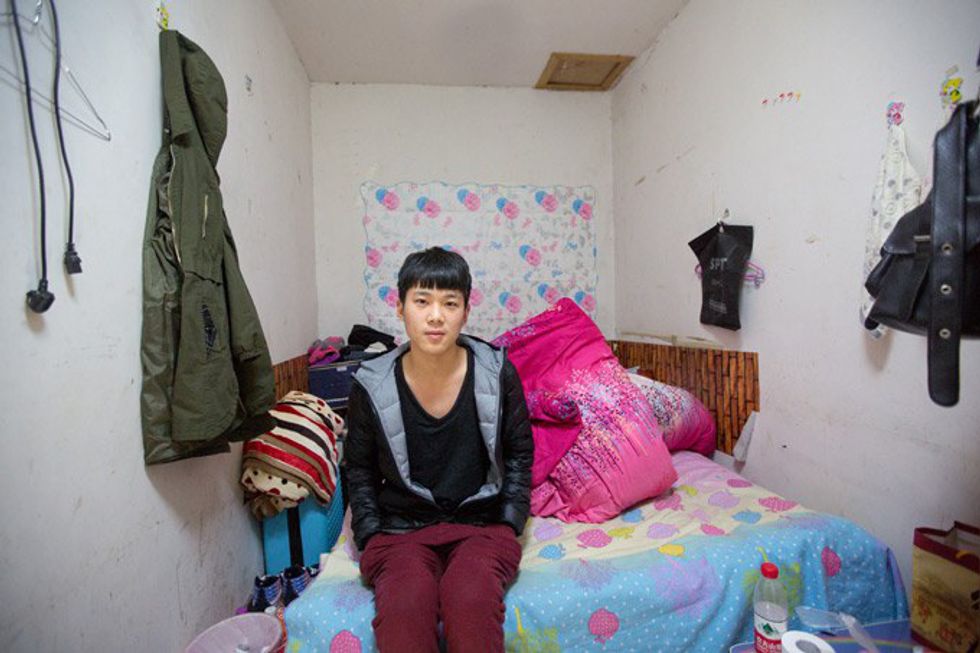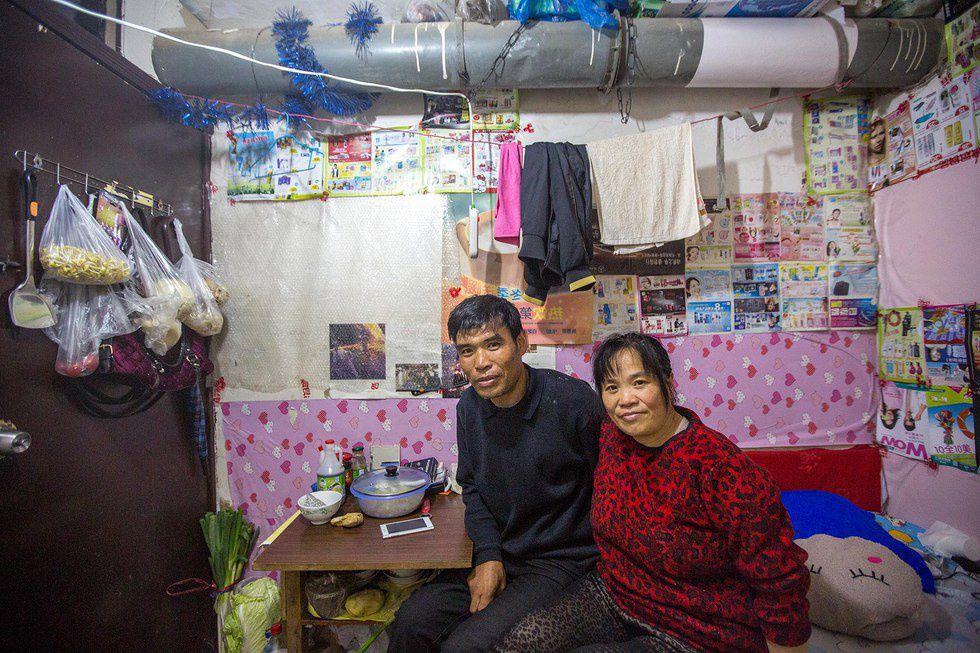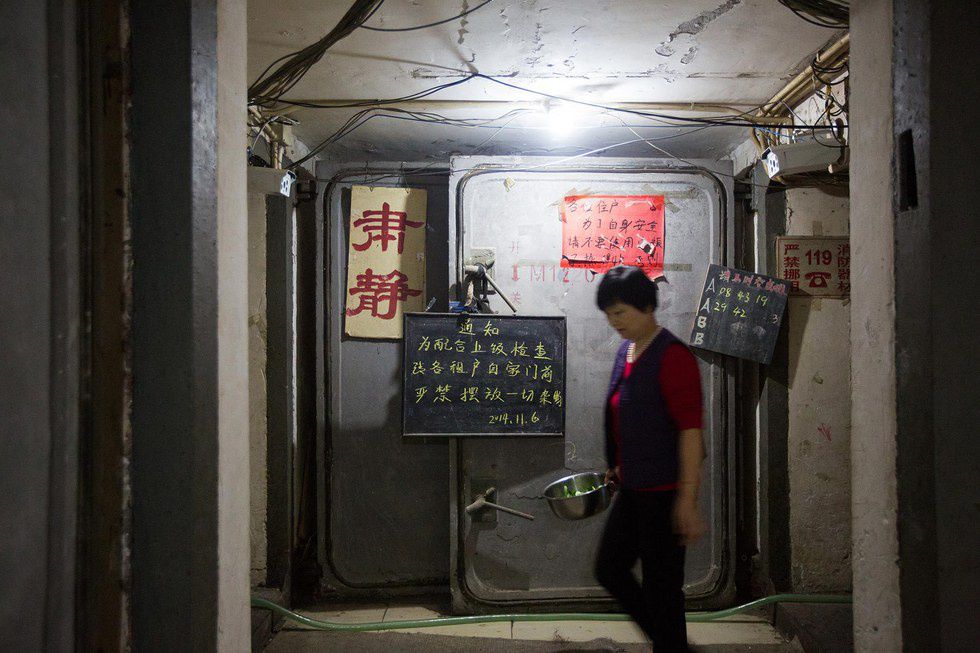Beijing, a Chinese city that has nearly tripled in size since 1995 from eight million to 21 million people in 2013, has come up with some bizarre methods of housing its people. With very loose building codes, Beijing has taken advantage of all its space and is essentially packing in its 20 million plus residents wherever they can. I was always under the impression that American college housing was bad... and then I became aware of what researchers have labeled the “Rat Tribe” in Beijing, and never have I been so wrong.
In China, they have developed a system of household registration called Hukou. The Hukou system has significantly stratified, or in this case demographically segregated, China’s massive population into economic and origin groups. The system has had a significant impact on rural migrants who are looking for jobs in big cities, where they are abundant. The "Chinese dream" that most of these migrants are in search of comes with a cost, and the Hukou is to blame. Because they are leaving their so called “assigned” registration area, the migrants are unable to apply for low-income (government regulated) housing, nor can they participate in public schools or collect government welfare simply because they are not registered to live in the city. Therefore, China has a part of the population, which is registered to live in the big cities, enjoying the benefits of the culture, art, and economy of the big city, and migrant workers simply have no place to go.
With demand for housing so high in Beijing, the only place migrant workers have been able to look to for housing is down below. Beijing has become home to nearly one million underground residents who live in refurbished bomb shelters from the Cold War period (1960s to 1980s) and these “apartments” do not fit the American definition or standard of what an apartment is, whatsoever. Dark, windowless, damp, and lacking fresh air, these living quarters range in sizes up to 300 square feet, down to as little as 6 feet, 5 inches by 7 feet, 4 inches. Some residents, who live in quarters only the size of a twin sized bed, only have a twin sized bed in their room. Some apartments are as much as three to four stories below ground and access to them is only by bomb shelter style doors at the surface leading to the bustling city of Beijing. Residents share communal toilets and pay about 50 cents to take a five-minute shower. The biggest complaint is lack of sunlight, but workers compromise because of the amount of money they feel they save by living underground.
The modest beginnings of these Chinese dreamers, who consist of young actors, hair stylists, newlyweds and street sweepers, are more than humble to Americans, and are, arguably, unacceptable. In America, we often complain about what we have or more commonly, what we lack. After learning about the Rat Tribe, I personally have become more grateful for my dirty bathroom, runny faucet, my fan that is missing a blade, and my sliding door without a handle. How lucky are we? We have it made here in America.
For more information on this and to check out some of my sources refer to these websites:
http://projects.aljazeera.com/2015/01/underground-beijing/
http://www.npr.org/2014/12/07/368760646/a-universe-beneath-our-feet-life-in-beijings-underground

























